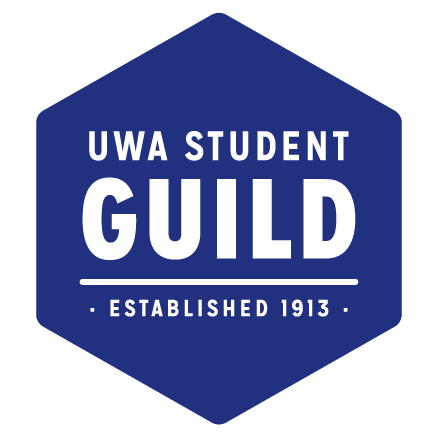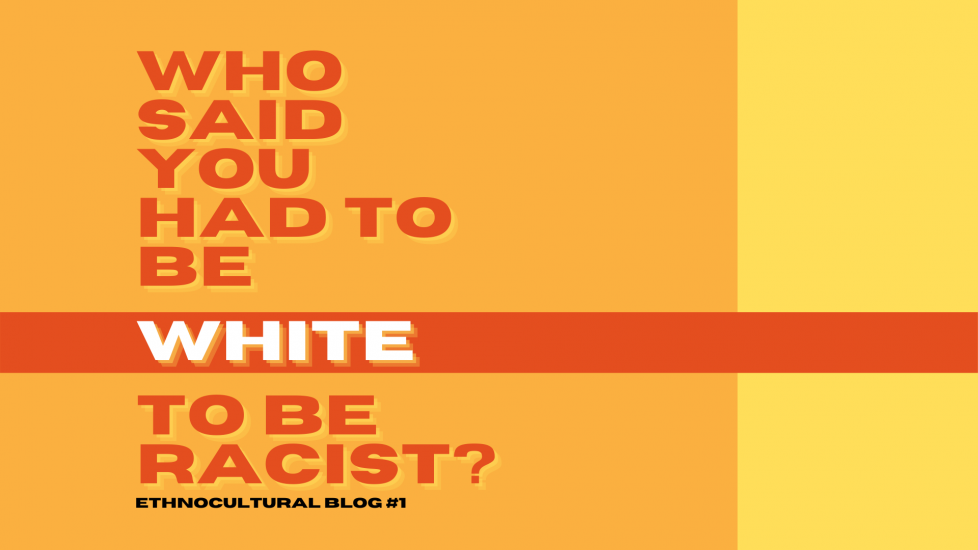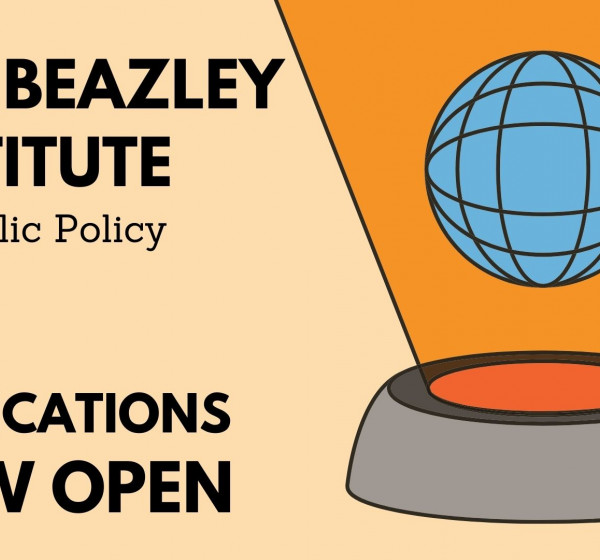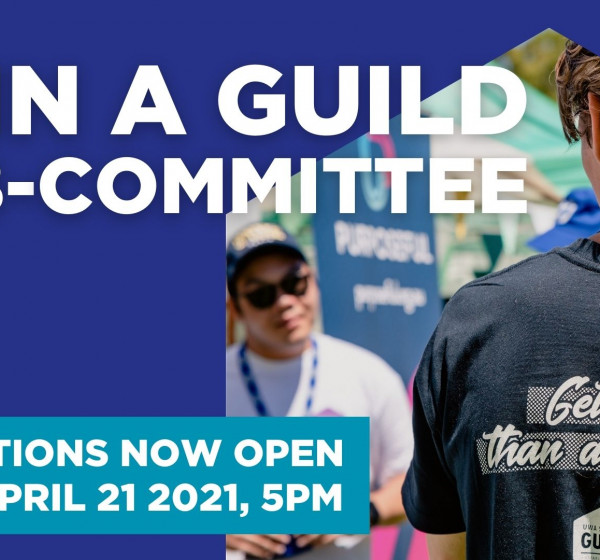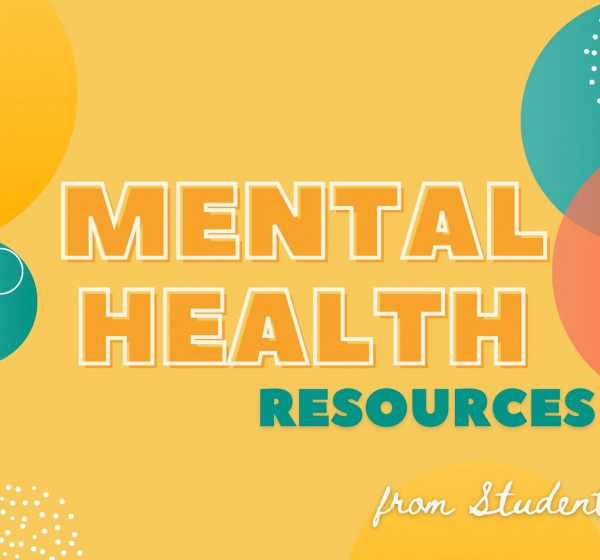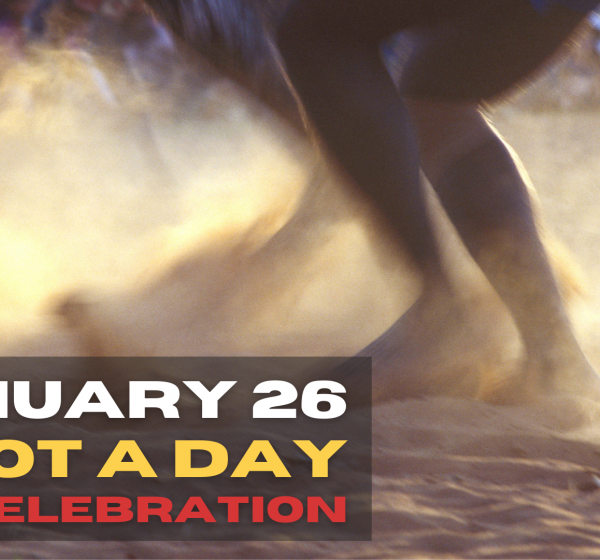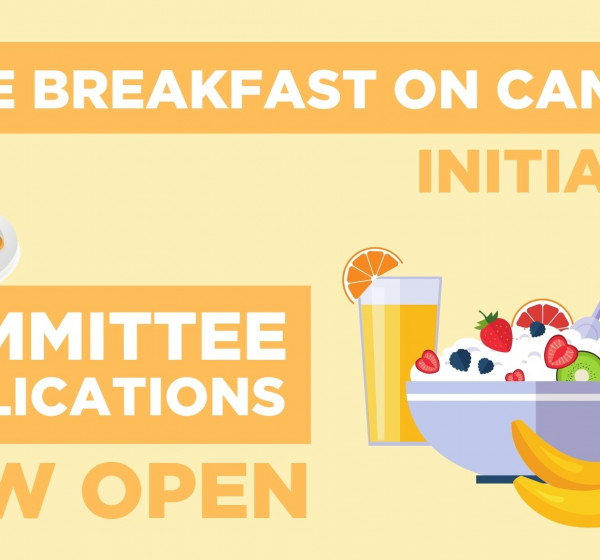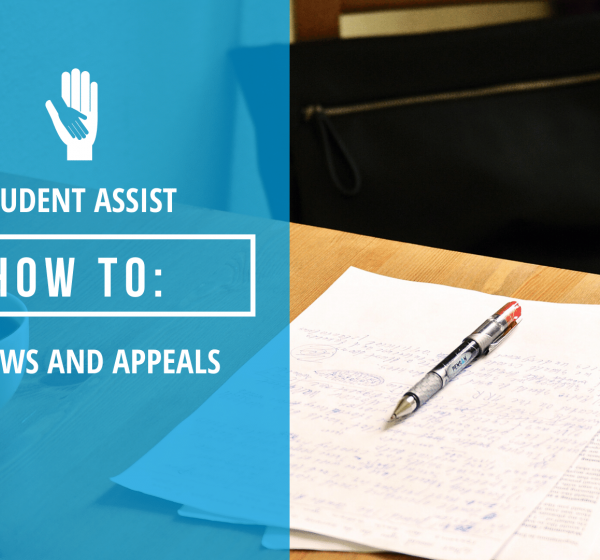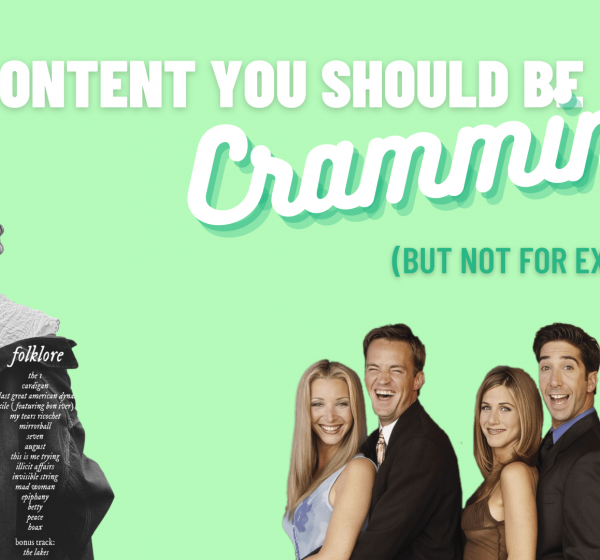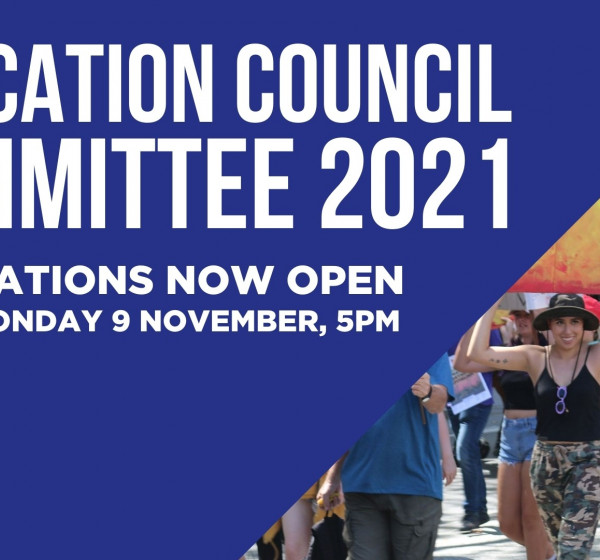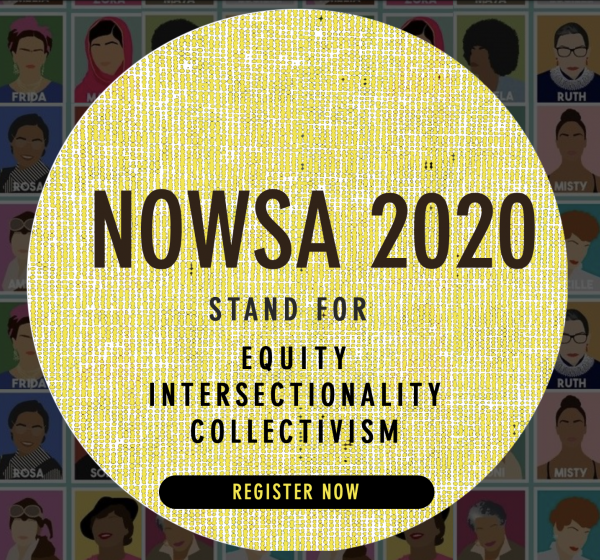I remember walking to my physics class when I heard a voice behind me.
“Oi, Ching Chong,” the voice said.
I wasn’t sure if I had heard it correctly. “I’m just hearing things,” I told myself. There’s no way someone just called me that. After they repeated themselves, I recognised whose voice it was. It belonged to a friend. Someone who is a person of colour. Here are a few reasons people gave me as to why I shouldn’t have been offended:
“But you’re not Chinese. You shouldn’t be hurt.”
Just because the slur isn’t used to mock my culture as much as it does Chinese culture, does not excuse the perpetuation of anti-Chinese sentiment. This nit-picking method of deciding the validity of the slur’s use argues that because “Ching Chong” doesn’t “fit” my ethnicity, I didn’t have the right to feel hurt. The appropriateness of whether a slur is the “correct” one that ought to be used doesn’t deserve to be a topic of debate.
“But he’s just reappropriating the term.”
The term was never ours to reappropriate, because you can’t reappropriate a word that was never used to discriminate against you. Coming from a culturally diverse background does not mean that we can freely use slurs without consequence. Our ethnicity is not a get-out-of-jail-free card or a racism pass.
“Okay, but you’re both Filipino, so it’s not racist.”
There are no prerequisites for being racist. Neither is there room for double standards. Using a shared ethnicity to excuse racism has as much logic in it as if you had hit your cousin and said, “but we’re related, so it couldn’t have hurt”.
I’m sure that a lot of us are familiar with being on the receiving end of a racist comment. Often from a white person. It’s (unfortunately) nothing new, but thankfully it’s not as common within our university as it is outside of its walls. What does remain, however, is our internalised racism. It exists in casual conversations, where POC treat other POC as lesser peoples. Conversations in which their participants convince themselves and each other that their insults are “just jokes” and are “not actually meant to harm”.
Our being ethnic doesn’t remove the weight of a painful history attached to a derogatory term. It makes it heavier. We can’t afford to say “racism is bad” one minute and then compare a black person to a monkey the next. Being anti-racist is not a part-time job and it’s certainly not something that should be reserved for performative purposes.
If we don’t condone discrimination outside of our ethnic communities, we definitely shouldn’t condone it within them.
On-campus support:
If you would like to speak to someone about something you have experienced, contact Guild Student Assist. They are a team of Social Workers and a Wellbeing Counsellor employed by the Guild who provide assistance with any academic, welfare or financial issues. Call them on 08 6488 2292 or email [email protected].
UWA outlines that harassment may include threats, abuse, insults or taunts based on a person’s characteristics (e.g. sexual orientation, race, beliefs or preferences). If you believe you are being harassed or see someone else being harassed on UWA campuses, buses or bus stops, report it to UWA Campus Security immediately.
Immediate assistance on campus is available via the UWA Security Emergency Number (available 24/7): 6488 2222
For further learning, anti-racism resources are listed below:
All Together Now, an Australian not-for-profit organisation that promotes racial equality and intersectional work.
No White Saviors, an advocacy campaign which aims to create a space for “BIPOC healing and harm perpetrated by White Savior Complex”.
Rachel Cargle, an activist who provides her readers and social media followers with critical discourse in providing education and inspiring impactful action.
Privilege to Progress, a national movement that amplifies the voices of people of colour and focuses on the importance of good allyship.
